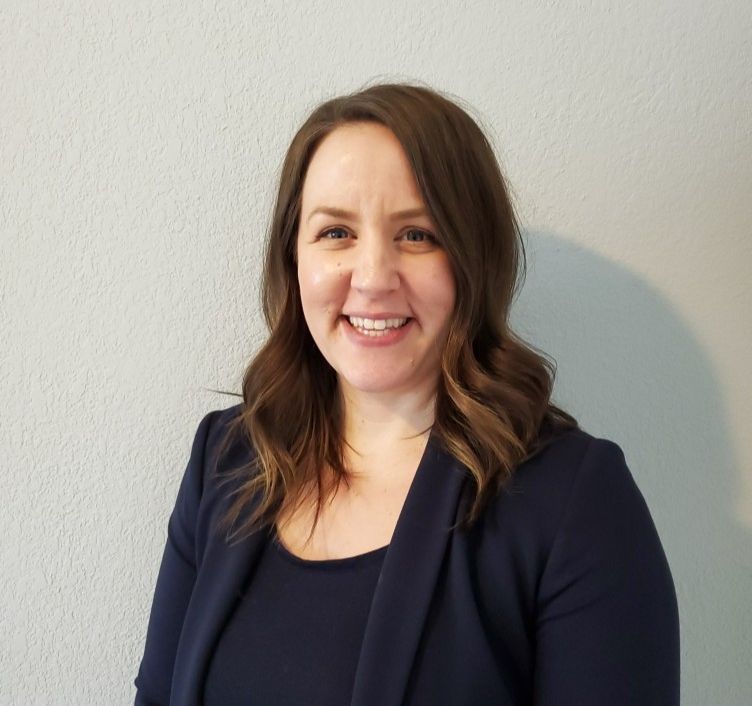
How to Recognize Your Team in a Meaningful Way
Dec 10, 2024Recognition has become an important part of the employee experience and a key indicator of the workplace culture.
And rightfully so. With workplaces becoming increasingly busy and the workforce split between home and office. It’s easy for our team members to feel like their hard work is going unnoticed.
But why is recognition so important? Does your team really care if you recognize and comment on the work they do? In no uncertain terms, YES. Your team cares and they absolutely notice if you notice (or don’t notice).
Recognition absolutely matters. But it’s not simply about placating your team. What matters most is that the recognition is meaningful and specific to the individual or team.
The Impact Of Recognition
Recognition is not only a morale booster, but it also validates your team’s efforts, makes them feel valued, and keeps everyone motivated and moving in the right direction. It’s a key factor in building a motivated team and positive team culture.
When your team is recognized for their hard work, they feel valued and in turn are more engaged in their work. This also has a ripple effect to the rest of the team and can act as a motivator when others see their teammates getting recognition.
How To Provide Meaningful Recognition
So now that we know how important recognition is, how do we go about it in an effective way that resonates with our team.
The good news is recognition doesn’t have to be a huge, grand gesture; it just has to be genuine.
1. Be Specific
A generic “good job” doesn’t always land well because vague recognition lacks context and could really apply to anyone. And let’s be honest, it requires little thought and is borderline lazy in most circumstance. Don’t worry, you don’t need to remove the term completely from your vocabulary, just don’t rely on it too often. Meaningful and specific recognition shows you are actually paying attention to your team’s efforts and performance and makes them feel seen because of it.
So instead of saying “good job,” try;
Being specific: “Your work on the [specific project or task] really impressed me because [specific reason].”
Highlighting a skill they’ve improved on: “Excellent work on [specific project or task], I’ve noticed how much you’ve improved in [skill or area]”
2. Make Recognition Personal
Tailor your approach to what your individual team members prefer. Not everyone enjoys public recognition. Some people may prefer a quiet thank-you behind closed doors, while others thrive on being recognized in more publicly (like some people looove it). The good news is this is an easy one to figure out as it’s a pretty common question to ask during employee onboarding or a great question for one of your one on one meetings.
3. Recognize Effort, Not Just Results
Big wins will always have a place in the spotlight and deserve celebration, but don’t overlook the hard work and dedication that go into daily tasks or even unmet goals. Recognizing effort nurtures a growth mindset and encourages drive and ambition. This will also give you the opportunity to offer support to your team if they need it.
Example: “I noticed the extra hours you put into refining the presentation. Your hard work really paid off, and it made a big impact during the meeting.”
4. Make Recognition Timely
Recognition is most impactful when it’s given in the moment or as soon as possible. Waiting too long can make the moment feel less relevant and meaningful, or honestly like you forgot or didn’t notice.
Give feedback in the moment: A quick acknowledgment right after the action shows you’re paying attention and value their contribution.
Follow up later if needed: If the action is significant, consider a more formal recognition during a team meeting, your one-on-one meeting or through a small gift/handwritten note.
5. Make Recognition a Team Activity
Recognition doesn’t have to come solely from you as the manager. There are lots of different recognition programs you can implement so everyone can recognize each others’ accomplishments and performance. Encouraging team members to recognize each other helps develop and maintain recognition as part of the culture. This will also contribute to a more collaborative team environment.
6. Don’t Underestimate Small Gestures
While formal awards and big celebrations are great, smaller, thoughtful gestures can be just as meaningful.
Handwritten notes: A simple, heartfelt thank-you note (even an email) can leave a lasting impression.
Personal touches: Bring in their favorite coffee or snack as a token of appreciation.
In the end, recognition isn’t just about making your team feel good—it’s about creating a culture where everyone feels valued and motivated to contribute their best. By being specific, timely, and thoughtful, you can make your recognition more impactful.
As the year comes to a close, take time to reflect on how you’ve celebrated your team’s efforts so far. And as you look ahead, commit to incorporating more recognition into your leadership style year-round. Because when your team feels seen and appreciated, everyone wins.
How do you think you've been doing with recognizing your team? Let me know in the comments!
Happy leading!
Emily



